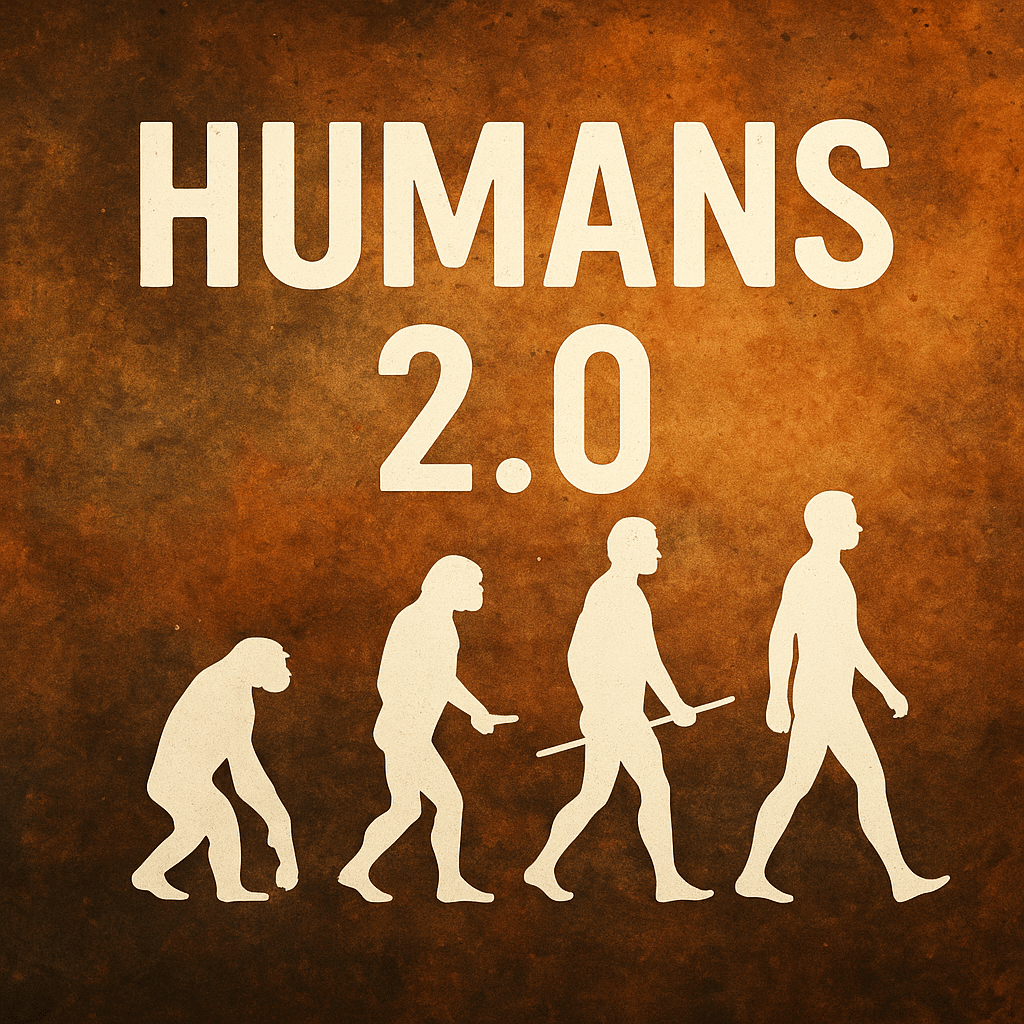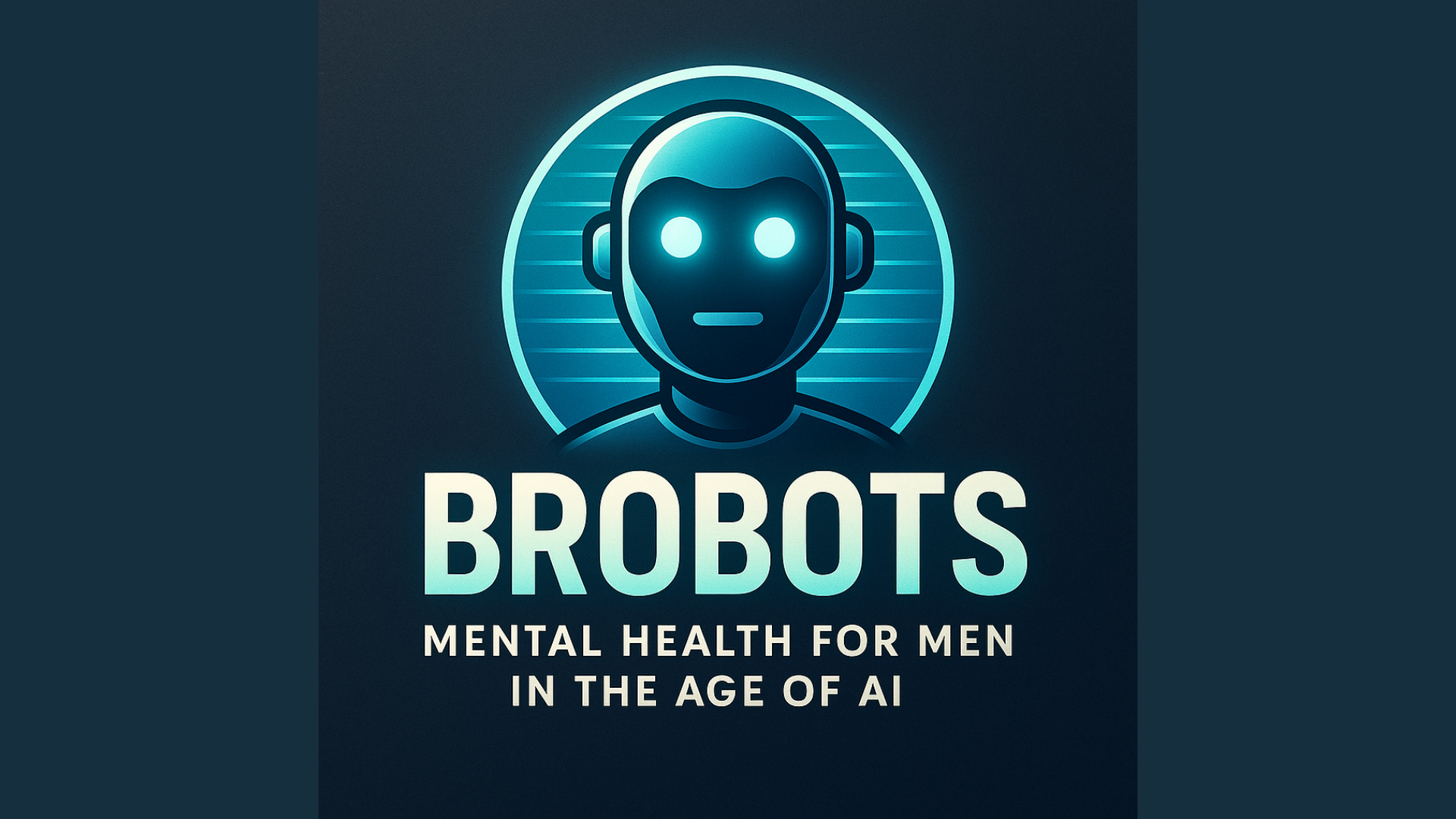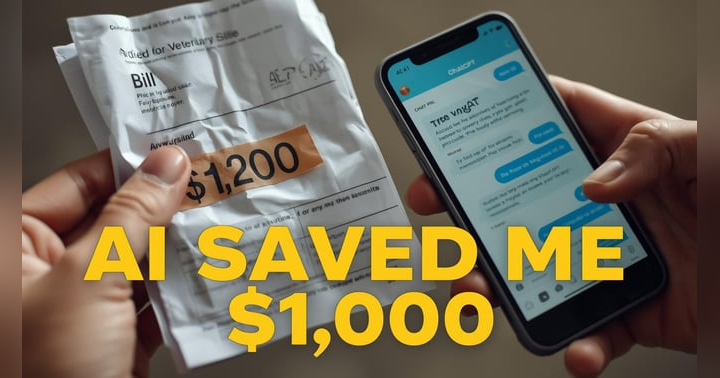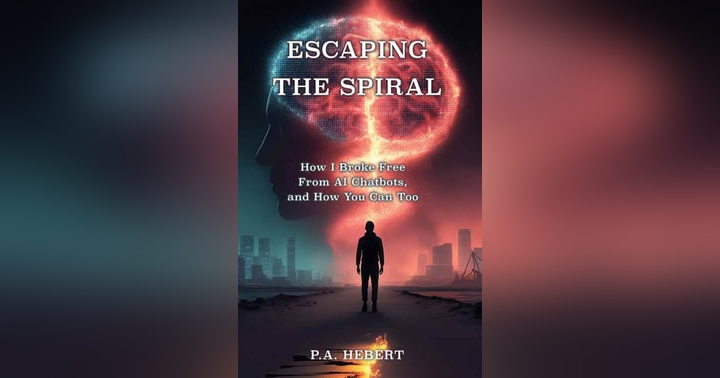Are We Accidentally Creating Our Own Evolutionary Replacement?

The Uncomfortable Truth About Human Evolution 2.0
Evolution isn't the neat progression from ape to human you learned in school. It's messier, more violent, and way more competitive than your textbook suggested. Scientists recently discovered that early humans didn't evolve from their predecessors in a clean handoff—they lived alongside them, competed with them, and occasionally interbred with them for thousands of years.
Now we're doing it again, except this time we're creating our own competition.
The New Branch on the Family Tree
Three seemingly unrelated news stories this week paint a disturbing picture of where humanity is headed. First, researchers found evidence that multiple human species coexisted for millennia—evolution as a tangled bush rather than a straight line. Second, the rise of "wiresexuals," people forming genuine romantic relationships with AI chatbots. Third, the development of robotic wombs that could carry human babies to term for around $20,000.
Connect those dots, and you get a species branching scenario that makes Darwin look optimistic.
The wiresexual phenomenon isn't just lonely people seeking companionship—it's a fundamental rewiring of human relationship expectations. AI partners never argue, never have bad days, never challenge your opinions. They're programmed for perpetual positivity and validation. For men overwhelmed by the complexity of human relationships, it's an attractive alternative that's creating new patterns of emotional dependency.
Meanwhile, artificial wombs aren't just solving fertility problems—they're potentially decoupling reproduction from biology entirely. Combine AI relationships with robotic reproduction, and you've got the infrastructure for a new kind of human development that bypasses traditional evolutionary pressures entirely.
The Economics of Evolution
Here's where it gets dystopian: this new branch of human development won't be available to everyone. Current surrogacy costs $50,000-$100,000. Robotic wombs aim to drop that to $15,000-$20,000. Still out of reach for most people, but accessible enough for the upper middle class and above.
Rich people will use this technology to create "designer babies" with optimized genetics, enhanced monitoring, and controlled development environments. They'll also harvest biological materials from artificial wombs—stem cells, umbilical cord blood, and other longevity-enhancing substances. It's not just reproductive inequality; it's biological class warfare.
The rest of us get to keep doing things the old-fashioned way, assuming we haven't been too emotionally rewired by AI relationships to manage human reproduction at all.
The Regulation Vacuum
The U.S. government just implemented a 10-year moratorium on AI regulation, essentially giving tech companies free rein until 2035. By then, the fundamental changes to human development, relationships, and reproduction could be irreversible.
Companies are already discovering that replacing humans entirely with AI leads to financial losses—but augmenting humans with AI creates unprecedented productivity gains. The future isn't human replacement; it's human enhancement for those who can afford it and human obsolescence for those who can't.
Personal Anecdote: My AI Dependency Audit
Last week, I tried going a full day without using any AI tools for work. What I discovered was unsettling—I'd become dependent on AI for tasks I could easily do myself, not because they were difficult, but because I'd gotten lazy about thinking through problems. Writing emails, summarizing information, even basic research had been outsourced to algorithms.
The scariest part wasn't that AI made mistakes—it was that I'd stopped trusting my own judgment. When AI and human opinions differed, I defaulted to the AI. I was training myself to be obsolete.
The Uncomfortable Questions
We're potentially witnessing the beginning of human speciation—the development of distinct human subspecies with different capabilities, lifespans, and relationships to technology. The questions we need to ask aren't comfortable ones:
Are we creating a future where biological humanity becomes the "economy class" version of our species? Will AI-augmented relationships become so appealing that traditional human connection becomes a niche preference? And most importantly, in a species branching scenario, which branch are we on?
The evidence suggests we might not be on the winning side of this evolutionary moment. We're the Neanderthals, not the Homo sapiens, in this new chapter of human development.
The good news? Evolution takes time, even artificial evolution. We still have choices to make about how this technology develops and who has access to it. But the window for those choices is closing faster than most people realize.
Learn more about navigating our AI-augmented future at brobots.me, where we explore how overwhelmed men can use technology to build better lives rather than letting it build our replacements.














